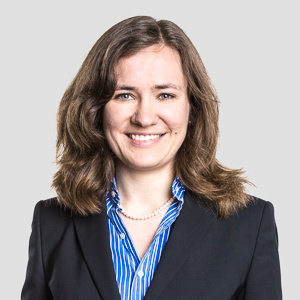 Abstract: Deep learning approaches have become crucial tools across numerous engineering domains. However, they face various challenges, as they typically depend on representative data and large training datasets. Conversely, condition monitoring data for complex systems often lacks labels and representativeness, posing significant challenges for purely data-driven approaches. Additionally, deep learning models generally struggle in extrapolation regimes, which are common for assets characterized by long service lives and the frequent emergence of new operating regimes.
Abstract: Deep learning approaches have become crucial tools across numerous engineering domains. However, they face various challenges, as they typically depend on representative data and large training datasets. Conversely, condition monitoring data for complex systems often lacks labels and representativeness, posing significant challenges for purely data-driven approaches. Additionally, deep learning models generally struggle in extrapolation regimes, which are common for assets characterized by long service lives and the frequent emergence of new operating regimes.
In response to these challenges, the integration of physical laws and principles with deep learning methodologies has shown tremendous promise. This presentation will explore a variety of approaches that combine physics-based concepts with deep learning techniques. One focus will be on how incorporating structural inductive biases into learning architectures, such as through physics-enhanced graph neural networks, can address the aforementioned challenges.
To close the loop and bridge machine learning with physics, the talk will delve into novel approaches of symbolic regression through reinforcement learning to uncover symbolic equations.
Biographical Sketch: Olga Fink has been assistant professor of Intelligent Maintenance and Operations Systems at EPFL since March 2022. Olga’s research focuses on Hybrid Algorithms Fusing Physics-Based Models and Deep Learning Algorithms, Hybrid Operational Digital Twins, Transfer Learning, Self-Supervised Learning, Deep Reinforcement Learning and Multi-Agent Systems for Intelligent Maintenance and Operations of Infrastructure and Complex Assets.
Before joining EPFL faculty, Olga was assistant professor of intelligent maintenance systems at ETH Zurich from 2018 to 2022, being awarded the prestigious professorship grant of the Swiss National Science Foundation (SNSF). Between 2014 and 2018 she was heading the research group “Smart Maintenance” at the Zurich University of Applied Sciences (ZHAW).
Olga received her Ph.D. degree from ETH Zurich with the thesis on “Failure and Degradation Prediction by Artificial Neural Networks: Applications to Railway Systems”, and Diploma degree in industrial engineering from Hamburg University of Technology. She has gained valuable industrial experience as reliability engineer with Stadler Bussnang AG and as reliability and maintenance expert with Pöyry Switzerland Ltd.
Olga has been a member of the BRIDGE Proof of Concept evaluation panel since 2023. Moreover, Olga is serving as an editorial board member of several prestigious journals, including Mechanical Systems and Signal Processing, Engineering Applications of Artificial Intelligence, Reliability Engineering and System Safety and IEEE Sensors Journal.
In 2018, Olga was honored as one of the “Top 100 Women in Business, Switzerland”. Additionally, in 2019, earned the distinction of being recognized as a young scientist of the World Economic Forum. In 2020 and 2021, she was honored r as a young scientist of the World Laureate Forum. In 2023, she was distinguished as a fellow by the Prognostics and Health Management Society.